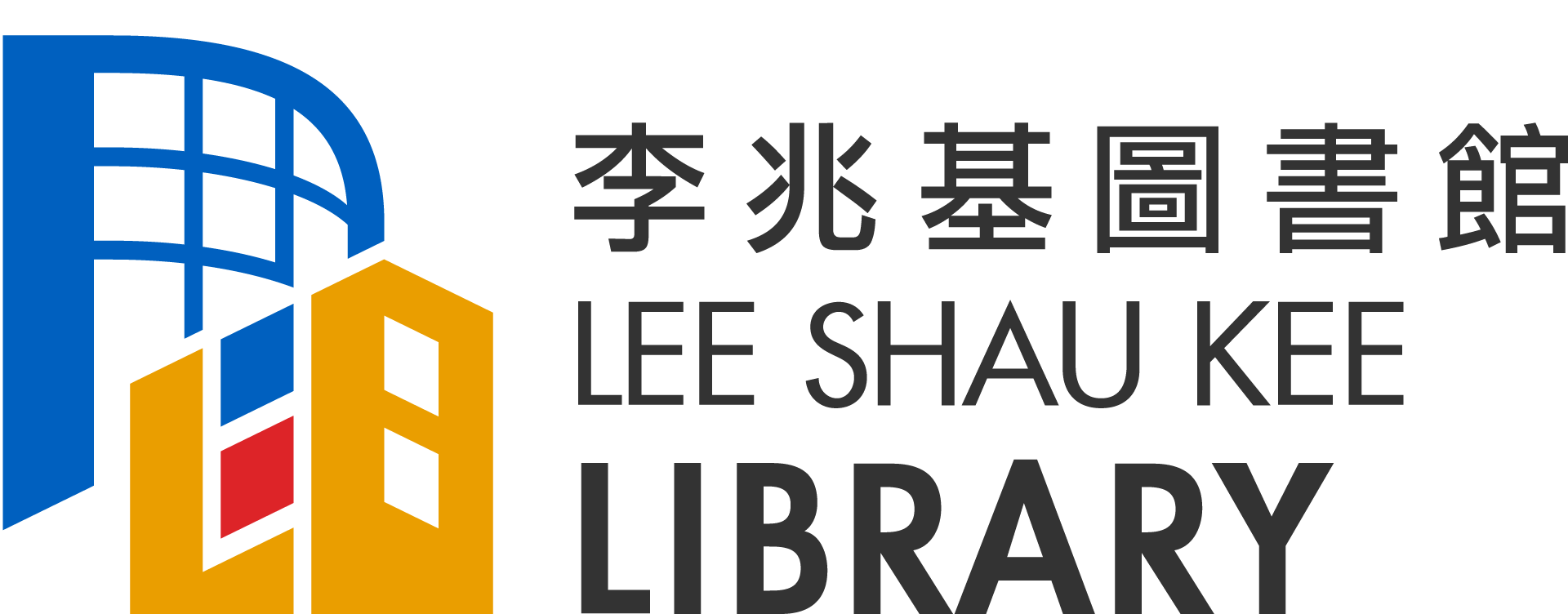
Having confidence in my own academic honesty, I used to pay little attention to anti-plagiarism, believing that I would never have the intention to cheat in my research writing. But recently I realize I had missed the point! Learning not to use other’s work and ideas as mine is a matter of academic integrity; but learning not to fall into a plagiarism trap is more than that -- it is about organizing your own ideas better in writing, and producing higher quality papers. Understanding what plagiarism means is particularly important for PG students who are in their formation stage of good work habits.
Last week I attended a library class conducted by my colleague Victoria for PG students on academic integrity. The class exercises and discussion started me thinking about what it means by avoiding plagiarism.
The three tools
We do not research in a vacuum; new ideas are often built in connection with previous knowledge. It is simply the nature of research work to make references to existing literature. Using other scholars’ materials is NOT plagiarism; making it look like your own is. To use others’ materials in our research writing properly, we should remember to:
- Quote: put copied passages in quotation marks, and clearly identify the source
- Paraphrase: adopt other’s ideas using our own words, and clearly indicate the source
- Cite: make references to the sources in the text (in-text references) and list them out at the end of the work (footnote, reference list or bibliography)
Write better with the help of these tools
When I have to stay alert of attributing materials to the proper sources, I find that it forces me to clarify my own thoughts and findings, and to understand how my own materials relate to the cited sources. With that clarification, I become more confident to highlight my ideas explicitly.
It also reminds me to consider my “voice” in writing. If you fill up your paper with many direct quotations, and cite them all properly, technically you can bypass a plagiarism test; but who is actually “speaking”? I try to quote directly only when I cannot express an idea better with other words.
Paraphrasing is good way to test your own understanding of the materials. Can you comprehend the original text, interpret it, and express it in your own words? Having good language skills help, but it is not the whole story. Read more, write more.
Anti-plagiarism is about writing habits and skills
If you intent to cheat in your academic work, I don’t think more reminders from the university or your supervisors can change your mind anyway; and I wish you luck. For most of us who are honest researchers, we should all learn how to avoid plagiarism, not only to avoid getting into academic mishap, but also improve the quality of our research writing.
By the way, the library class about academic integrity I mentioned earlier, will be offered again later in this term. Check our class registration calendar, and look out for our email announcement about the schedule.







